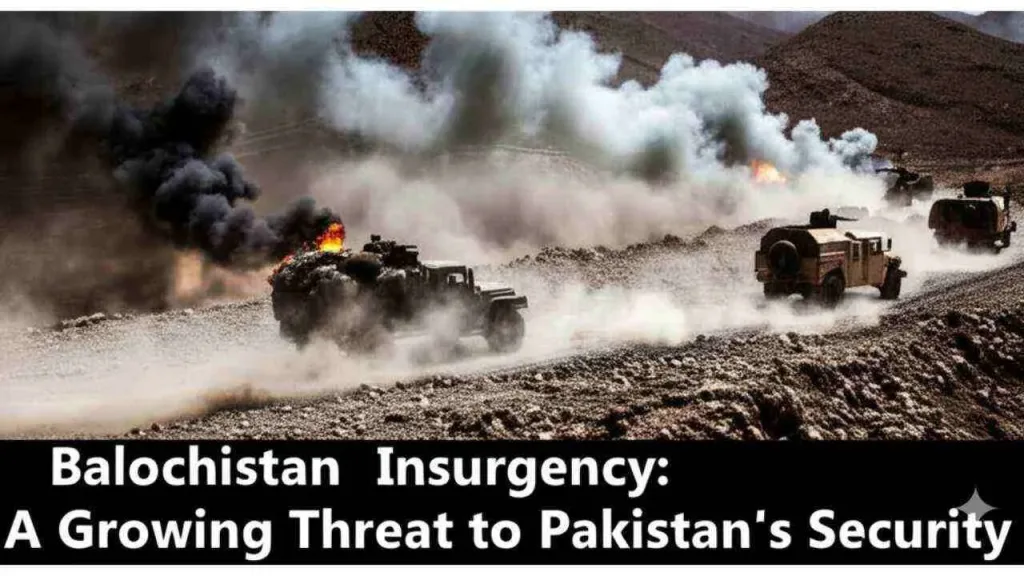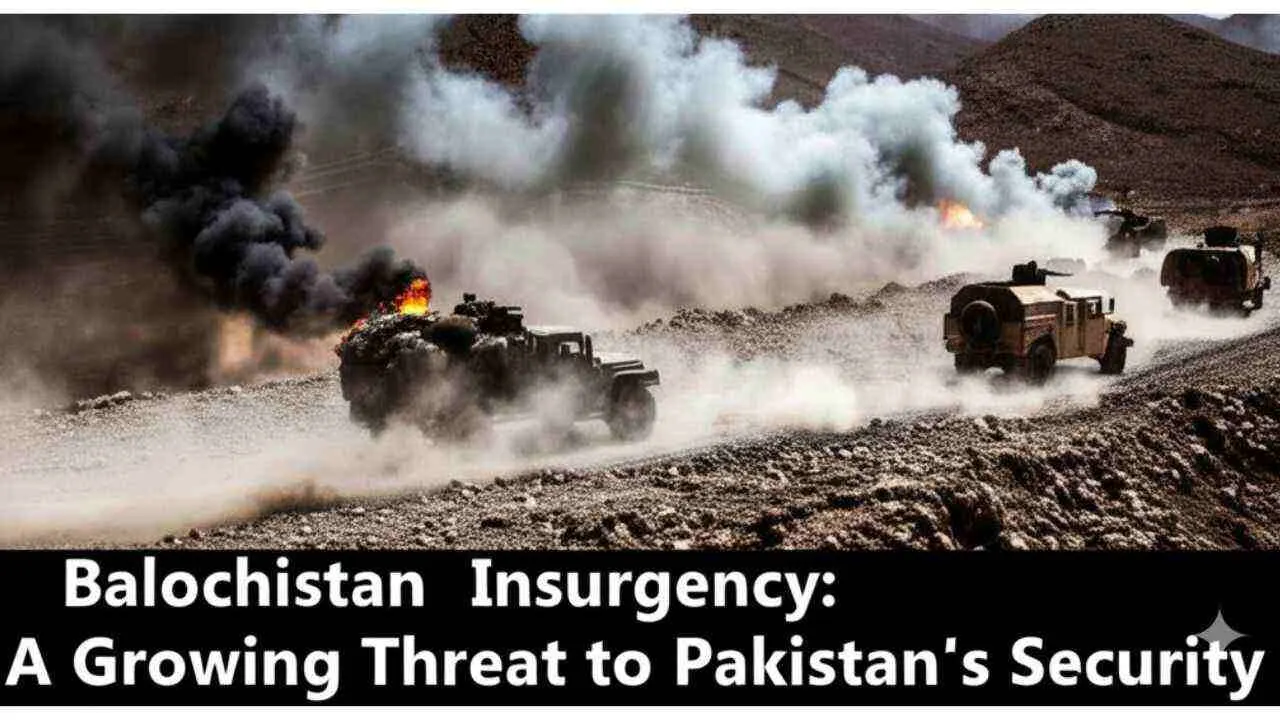The simmering conflict in Pakistan’s Balochistan province has escalated sharply, with the Baloch Liberation Army (BLA) claiming responsibility for a string of deadly attacks on Pakistani security forces. The separatist group says it carried out multiple coordinated strikes that killed at least seven soldiers and left several others wounded.
These latest attacks mark a troubling uptick in violence in a region already gripped by decades of insurgency and political unrest.
BLA Claims Coordinated Attacks Across Key Districts
In an official statement issued earlier this week, BLA spokesperson Jayan Baloch outlined what the group called a “series of simultaneous operations” across several Balochistan districts, including Zumran, Kolwah, and Kalat. The assaults, according to the group, involved remote-controlled improvised explosive devices (IEDs) and small-arms fire targeting military patrols and convoys.
The BLA said the attacks were part of its broader resistance campaign, aimed at weakening the Pakistani military’s control in the region.
Deadly Ambush Targets Military Convoy in Remote Region
Among the most significant incidents was an ambush on a military convoy moving through the Jumran, Tikran, and Waka areas. The BLA claims it targeted a truck carrying Pakistani soldiers, killing four on the spot. The death toll reportedly rose to seven as others succumbed to injuries sustained during the attack. The group also reported that at least four soldiers were wounded.
While the Pakistani military has yet to publicly confirm these figures, the incident is consistent with a pattern of recent attacks in the area.
Militant Group Details Operation in Official Statement
The BLA released a comprehensive press statement detailing the sequence of events and tactics used in the attacks. The group emphasized its use of remotely detonated IEDs, saying the ambushes were designed to “cripple enemy mobility and morale.” It also claimed to have overrun certain forward security positions, though these assertions remain unverified by independent sources.
The BLA further stated that the operations were carried out simultaneously across multiple zones to stretch Pakistani security forces thin and disrupt reinforcements.
Pakistan Faces Mounting Security and Political Pressures
These attacks add to Pakistan’s growing security concerns, particularly as it faces increasing instability on multiple fronts. The threat from the Tehrik-i-Taliban Pakistan (TTP) has resurged in the northwest, while tensions with India over cross-border militancy continue to strain diplomatic ties. Islamabad now finds itself under pressure from both internal insurgencies and external geopolitical headwinds.
The growing complexity of these challenges has raised questions about Pakistan’s ability to contain the insurgency while managing its international posture.
Balochistan’s Longstanding Struggle for Autonomy Reignites
At the heart of the violence lies a deeply rooted political grievance. Despite its vast reserves of natural gas, minerals, and strategic value, Balochistan remains one of the most underdeveloped regions in Pakistan. Many Baloch nationalists accuse the federal government of economic exploitation and political marginalization—claims that have long fueled separatist sentiment.
The BLA, along with other armed factions, has framed its struggle as a fight for self-determination and liberation from what it views as an oppressive state apparatus.
Government Response Draws Scrutiny Amid Growing Threats
While the Pakistani government continues to project confidence in its handling of the crisis, critics argue that the state’s heavy-handed military approach has done little to address the root causes of the unrest. Security crackdowns have become routine, but political solutions remain elusive.
Public statements from federal ministers have praised the military’s efforts and emphasized national unity, yet the recurring violence suggests a deeper, unresolved conflict simmering just beneath the surface.

India-Pakistan Tensions Add Fuel to the Fire
Compounding the crisis is Pakistan’s increasingly strained relationship with India. New Delhi has adopted a tougher stance on cross-border terrorism, and diplomatic friction has only intensified in recent months. Although the BLA operates independently, its growing activity complicates regional security dynamics, feeding speculation about foreign involvement and further eroding trust between the two nuclear-armed neighbors.
The rising tension serves to heighten fears of a broader regional destabilization, with Balochistan once again at the center of the storm.
A Nation at a Crossroads: Insurgency, Isolation, and Uncertainty
Pakistan now faces a daunting challenge—one that transcends military tactics and calls for a long-overdue political reckoning. The renewed insurgency in Balochistan, combined with economic pressures and diplomatic strain, has left the country walking a political tightrope.
Whether Islamabad can chart a path forward that balances national security with meaningful reform will likely define the country’s trajectory in the years ahead. What is clear, however, is that the cost of ignoring Balochistan’s cries for justice is becoming far too great to bear.
